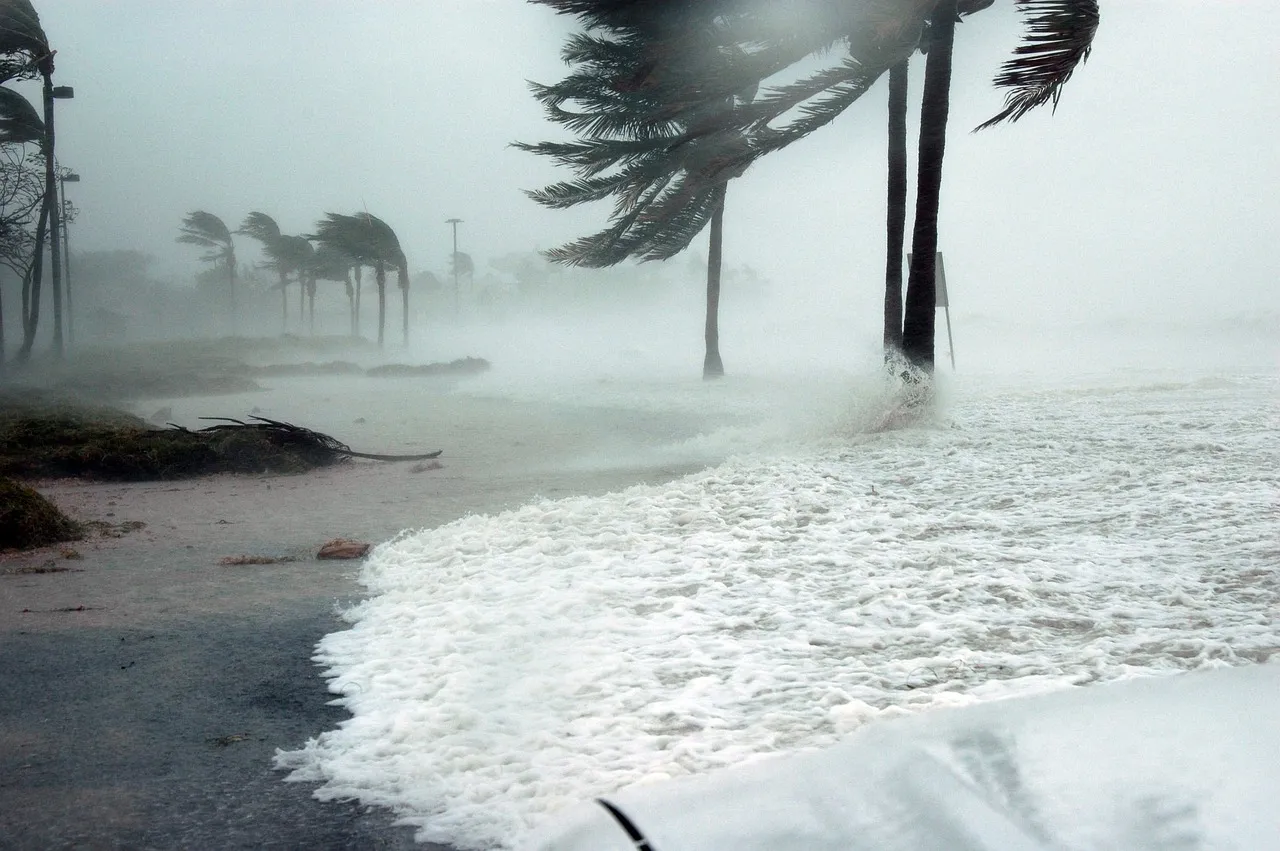This Saturday’s showdown at Ramstein, Germany of the Ukraine Defense Contact Group, just had the rug pulled out from underneath it. Early this afternoon, the White House issued a terse announcement that President Biden canceled his trip. The official reason is that he is needed to deal with the impending landing in Florida of Hurricane Milton.
Britain’s Prime Minister Keir Starmer had come to the White House on Sept. 13 to clinch Biden’s open commitment to the use of Western long-range missiles to strike deep into Russia. Then Biden had met with Ukraine’s President Volodymyr Zelenskyy only 12 days ago, where he also failed to secure Biden’s open commitment. Zelenskyy was scheduled not only to meet with Biden again on Saturday, but also to address the Ramstein Group on his “Victory Plan.” As of this Tuesday evening, Oct. 8 it is unclear whether the Oct. 12 Ramstein meeting will occur.
On both Sept. 12 and on Sept. 25, that is, just prior to the Starmer and Zelenskyy visits to the White House, Moscow had gone out of its way to declare loudly and clearly that what was at stake was the triggering of a direct confrontation between NATO and Russia, a thermonuclear showdown.
Earlier today, prior to the White House announcement, Russian Foreign Minister Sergey Lavrov had restated, in no uncertain terms, the new Russian nuclear policy as had been presented by President Vladimir Putin. He pre-emptively dismissed any formulations, colorations or re-branding of the escalation of NATO’s proxies, simply declaring about a Ramstein Group decision for “deep strikes” that: “As soon as this decision is taken, if it is taken, we will learn that, and the contingency mentioned by Vladimir Putin will already be in action,” he told the Channel One broadcaster.
Also this morning, Russian Deputy Foreign Minister Alexander Grushko, who oversees relations with Europe and NATO, told the state RIA Novosti news agency that Moscow perceives NATO to be increasing the role of nuclear weapons in its strategy, and that Russia was updating its nuclear doctrine to send a signal “so that our opponents have no illusions about our readiness to ensure the security of the Russian Federation with all available means.” His pronouncement had followed upon the Oct. 7 announcement by the Russian Defense Ministry that the strategic missile formation in Novosibirsk, equipped with Yars nuclear ICBMs, has deployed on combat patrol routes.
One can and should hope that the physical reality of a thermonuclear war, as with that of a massive hurricane, can jar the nations of the West out of their addictions to greed, power, sex and violence. It wasn’t the case with Helene’s devastation of Asheville, North Carolina, nor with Russia’s development, for example, of hypersonic missiles.
The drive to crush Russia won’t go away until the West goes “cold-turkey” on its addiction to hypersonic levels of gambling—thousands of trillions of dollars of financial “derivatives” (a fancy word for the old Mafia-style “numbers” racket, gone ballistic). In the U.S., “cold-turkey” could be triggered by having to rebuild Asheville or, for that matter, New Orleans—or Baltimore, Detroit and every city devastated by the financial derivatives hurricane. There’s just no substitute for having to deal with reality.
Forget the 12-step method. Time to tackle the [Schiller Institute’s 10-step method](Ten Principles of a New International Security and Development Architecture | The Schiller Institute) as if your life depended on it. Helga Zepp-LaRouche, the author of that method takes questions live, on Oct. 9 at 11:00 a.m. ET, in her weekly strategic webcast, entitled “Global War or Universal Peace—Who Shall Decide?”







